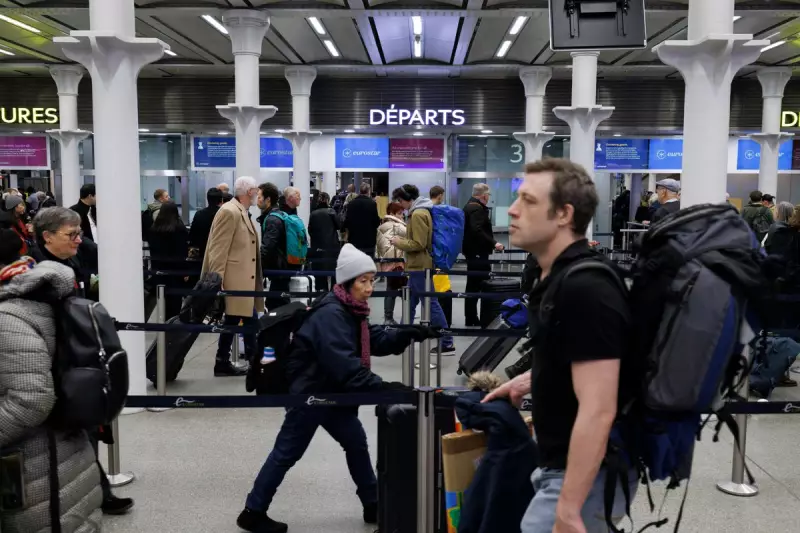
Millions of UK commuters and travellers are set for a fresh financial blow as rail fares are officially confirmed to rise by nearly 5% this spring, compounding the misery for passengers already enduring some of the worst delays on record.
A Bitter Pill to Swallow: Prices Up, Performance Down
The Department for Transport (DfT) has announced that fares across England and Wales will increase by 4.9% from Sunday, 3rd March 2024. This hike, while slightly lower than the previous year's 5.9%, comes against a backdrop of severely declining service reliability.
Shockingly, official figures from the Office of Rail and Road (ORR) show that in the past year, a staggering 14% of all train services arrived late—the worst performance record in the past 12 months. This creates a perfect storm for passengers: paying significantly more for a service that is demonstrably getting worse.
Six Critical Ways the Rail Fare Hike Hits You
This isn't just a simple percentage increase. The rise will have a tangible and painful impact on the finances of everyday Britons in several key ways:
- Sky-High Season Tickets: The cost of annual season tickets, a necessity for millions of commuters, will see some of the largest cash increases, potentially adding hundreds of pounds to yearly travel budgets.
- Off-Peak and Leisure Travel Becomes a Luxury: Families and individuals looking to travel for leisure will find their day trips and weekend escapes becoming noticeably more expensive, putting further strain on household finances.
- The 'Flexi-Season' Ticket Squeeze: Introduced as a post-pandemic solution for hybrid workers, these tickets will also become more costly, offering little respite for those who commute just a few days a week.
- Real-Terms Pain for Low Earners: For many, this increase will outstrip wage growth, meaning a larger proportion of their income will be spent simply getting to work.
- Regional Disparity: Passengers in regions with fewer transport alternatives will be hit hardest, as they have no choice but to accept the higher prices.
- Eroding Trust: Paying more for a declining service fundamentally undermines passenger trust in the rail network, leading to greater frustration and a sense of injustice.
Government and Industry Response
The UK government has defended the decision, stating the increase is "well below inflation" and is a necessary step to fund investments and significant pay rises for rail workers. However, this justification rings hollow for passenger advocacy groups.
Organisations like Transport Focus and the Campaign for Better Transport have condemned the move, labelling it as unfair and a disincentive for using public transport at a time when the country should be encouraging greener travel choices. The call for a fundamental reform of the rail fare system is growing louder, with many demanding a move towards a simpler, fairer, and more affordable pricing structure.
For now, the message to passengers is clear: prepare to dig deeper into your pockets for the privilege of an increasingly unreliable service.




